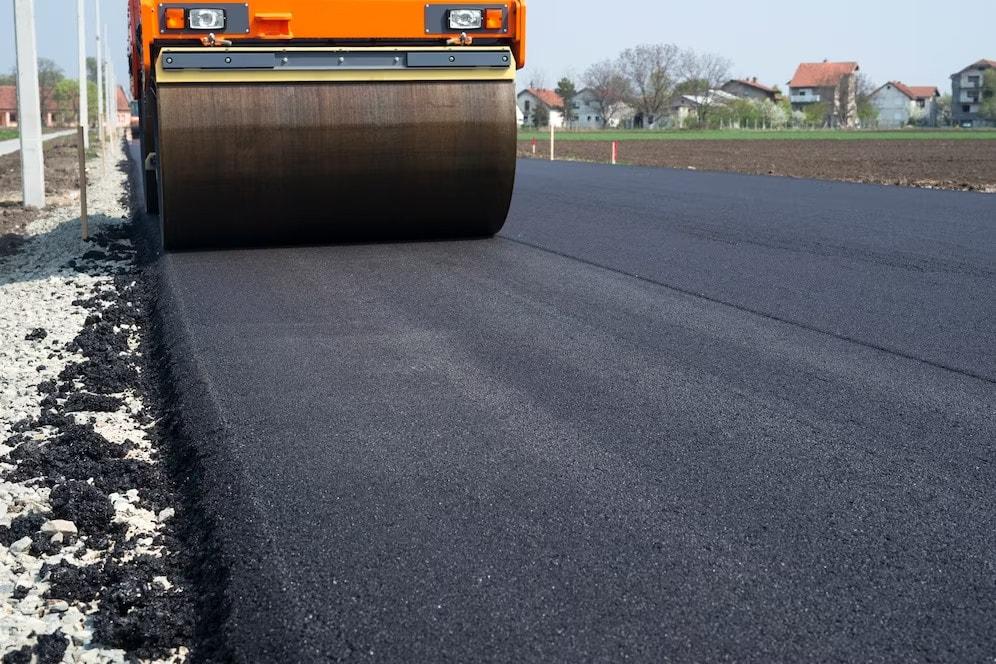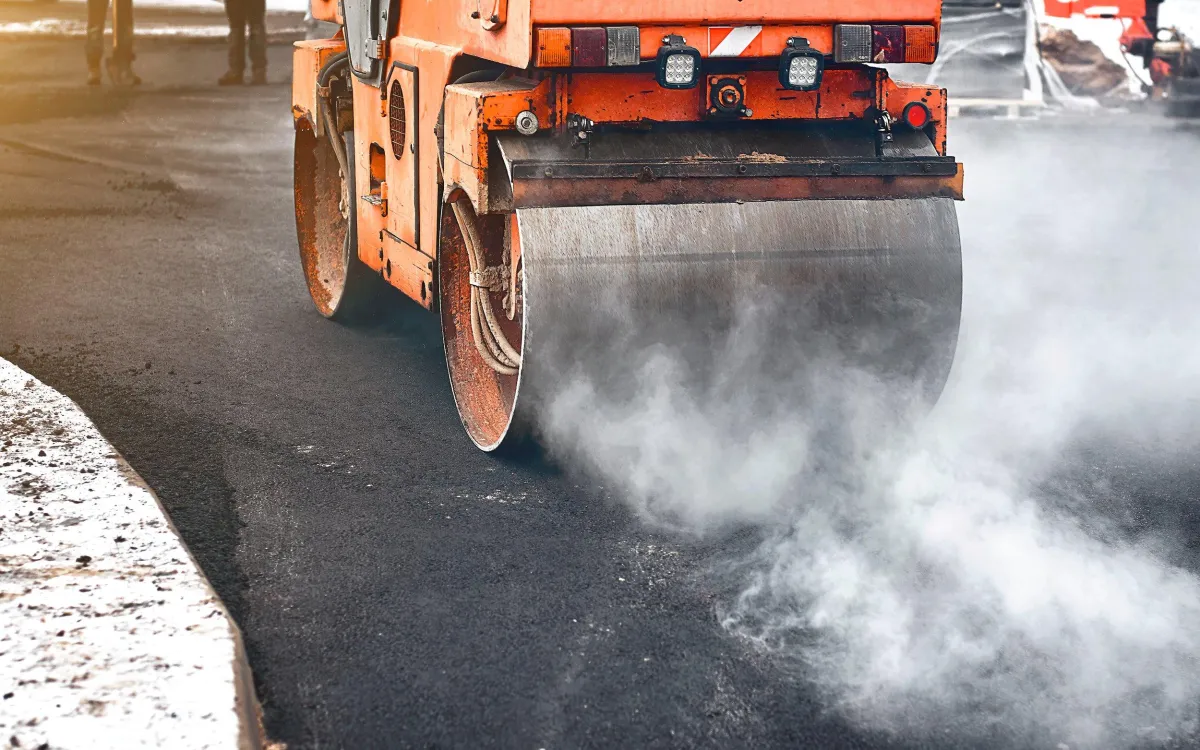
Understanding Types of Asphalt for Driveways in Parkland, FL & Surrounding Areas
Homeowners in Parkland, Florida, and nearby areas such as Coral Springs, Coconut Creek, Deerfield Beach, Boca Raton, and Margate often choose asphalt for driveways due to its durability, sleek finish, and cost-effectiveness. However, not all asphalt types are the same. Understanding the different options available helps homeowners select the right material based on local climate, budget, and desired appearance.
What Are the Main Types of Asphalt Used for Driveways in Parkland?
In Parkland and nearby areas like Coral Springs and Coconut Creek, the most common asphalt options include Hot Mix Asphalt, Warm Mix Asphalt, Cold Mix Asphalt, and Porous Asphalt. Each type offers unique benefits depending on property needs and traffic levels. Hot Mix Asphalt is known for its durability, Warm Mix for being eco-friendly, Cold Mix for quick repairs, and Porous Asphalt for effective drainage during Florida’s rainy seasons.
Which Asphalt Type Works Best for Florida’s Climate?
Florida’s warm and humid weather demands materials that can withstand heat and moisture. In Parkland and surrounding towns such as Deerfield Beach and Boca Raton, Hot Mix Asphalt and Porous Asphalt perform best. Hot Mix stands up to high temperatures and heavy vehicle use, while Porous Asphalt prevents water accumulation by allowing rain to drain through the surface, minimizing erosion and cracks.
How Does Porous Asphalt Improve Driveway Performance?
Porous Asphalt is particularly effective for homes in Parkland and Coral Springs because it manages stormwater naturally. It allows water to seep through the surface into the ground, preventing puddles, erosion, and long-term damage. This eco-friendly design helps maintain a smooth, attractive driveway while protecting the environment.
What Makes Warm Mix Asphalt a Good Choice for Parkland Homeowners?
Warm Mix Asphalt is a sustainable choice for residents in Parkland and Coconut Creek. It’s produced at lower temperatures, reducing energy use and air pollution. The mix cools faster, making it ideal for quicker driveway installations and projects that need to be completed with minimal disruption.
Can Recycled Asphalt Be Used for Driveways in Parkland?
Yes, Recycled Asphalt Pavement (RAP) is a popular, cost-effective option for homeowners in Boca Raton and Margate. It’s made by reusing old asphalt materials, which helps reduce waste and lower installation costs. When properly installed, recycled asphalt provides a durable, visually appealing driveway that supports sustainability.
How Can Homeowners Maintain Asphalt Driveways for Longer Life?
Whether you live in Parkland, Coral Springs, or Deerfield Beach, regular maintenance is essential. Cleaning the surface, sealing every two to three years, and repairing cracks early prevent moisture from seeping in and damaging the structure. These small efforts significantly extend the life of your asphalt driveway.
Why Should Parkland Residents Hire Professional Asphalt Contractors?
Professional contractors in Parkland and surrounding towns bring expertise, proper equipment, and high-quality materials. They understand Florida’s soil and weather challenges, ensuring your driveway is installed correctly for maximum durability. Hiring a pro also saves time and prevents costly future repairs.
How Do Asphalt Types Affect Curb Appeal and Property Value?
Choosing the right asphalt type not only improves durability but also boosts curb appeal. In Parkland and nearby communities like Coconut Creek and Boca Raton, a smooth, freshly sealed driveway enhances your home’s exterior appearance and increases resale value, offering both beauty and function.
Final Thoughts
For homeowners in Parkland, FL, and surrounding towns including Coral Springs, Coconut Creek, Deerfield Beach, Boca Raton, and Margate, understanding asphalt options is key to making the right investment. Whether you choose Hot Mix, Warm Mix, Porous, or Recycled Asphalt, the right choice—paired with proper maintenance—ensures a strong, attractive driveway built to withstand Florida’s challenging climate.

How long does an asphalt driveway last in Parkland, Florida?
With regular sealing and maintenance, an asphalt driveway in Parkland can last 15 to 25 years depending on usage and weather exposure.
What’s the best time of year to install asphalt in Parkland?
The dry, warm months are ideal for asphalt installation because it allows the material to cure evenly without moisture interference.
Is sealcoating really necessary for Florida driveways?
Yes. Sealcoating protects against UV rays, oil spills, and water penetration, keeping your driveway looking fresh and preventing cracks.
How quickly can I use my driveway after asphalt installation?
Typically, you should wait 24 to 48 hours before using your new driveway to allow the asphalt to fully cure.
Can asphalt be repaired instead of replaced?
Absolutely. Minor cracks or potholes can be patched or resurfaced, saving money and extending your driveway’s life before a full replacement is needed.
